10 Tips to Help Increase Your Climate Change Literacy
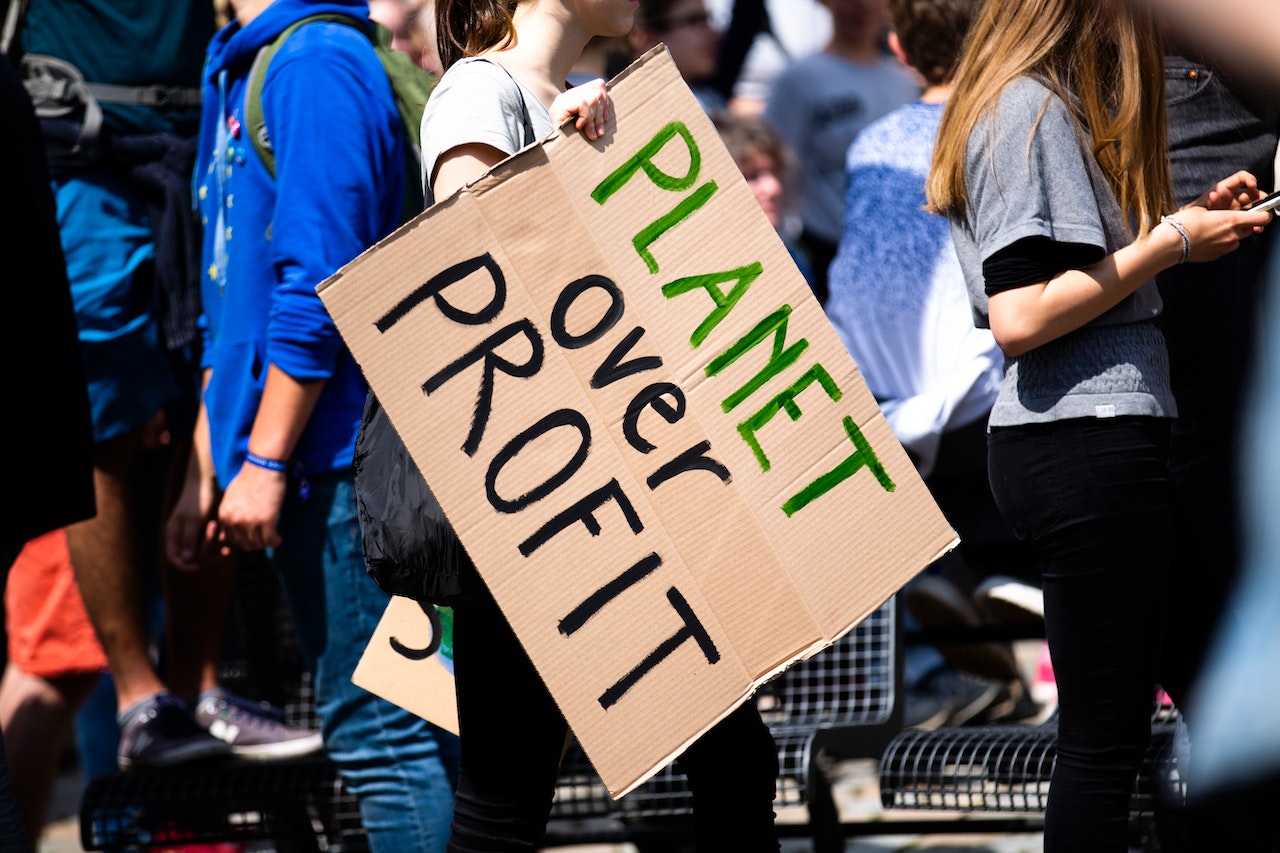
Climate change is a topic that affects us all. The more we know about it, the better equipped we are to make decisions for our future and fight against climate disasters. Therefore, it’s essential to be educated on this topic to understand what is happening in the world around you. In this blog post, we give you 10 tips that will help increase your climate change literacy.
Keep up with the Latest News on Climate Change
As much as we would like to believe that everyone is educated on this topic, it’s easy for even well-informed people to miss important climate news. That’s why we need to stay up to date with the latest about what is happening in our environment.
Watch Documentaries About Climate Change
There are many informative documentaries that you can watch to learn more about climate change. Climate change is a hot topic, so there are plenty of films for you to choose from. Watching these films can help increase your understanding and knowledge of this complex subject.
Read Articles or Books
There are countless books about climate change that you can read or constantly keep up with the latest articles on the subject. Many of these informative pieces are available online for free, so it’s easy to get started today.
There are plenty of conferences about climate change that you can attend. Examples of these conferences include the UN Climate Change Conference, Green Living Expo and many more. These events are a great way to get educated on this topic while also meeting professionals in your area who know everything about climate change.
Join Environmental Groups
Your community has its own environmental organisations dedicated to protecting our planet against any threats, including climate change. Joining these organisations is a great way to learn about climate change while also fighting against it.
Visit a Museum with an Exhibit on Climate Change
There are several museums worldwide that have exhibits on climate change. Visiting these museums is a great way to get educated on climate change while also seeing all the museum offers.
Attend Seminars or Lectures
There are many free seminars about climate change that you can attend in your area, even if it’s just for fun. Speakers from universities and other institutions share their knowledge on climate change during these seminars so you can learn more about this topic.
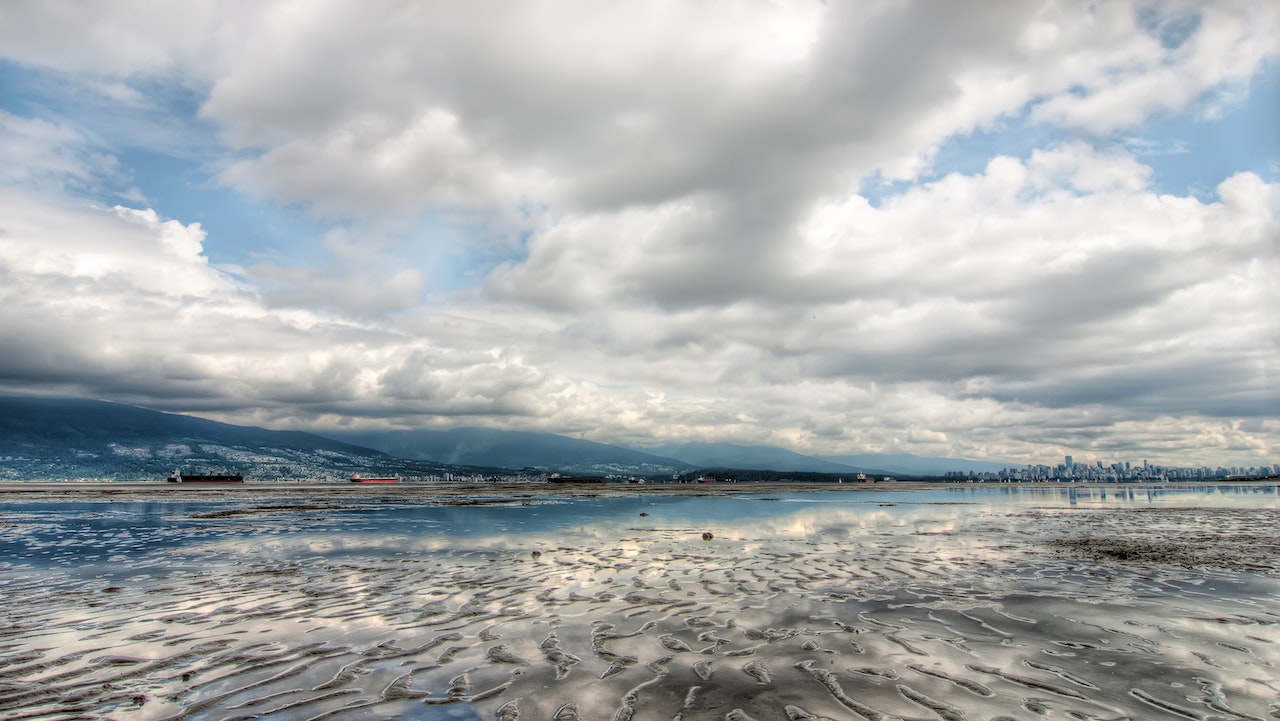
 will allow students who participate in climate science classes to understand how humans cause global warming on Earth every day without realizing it themselves. This knowledge could motivate them to become scientists who work towards mitigating climate change.
will allow students who participate in climate science classes to understand how humans cause global warming on Earth every day without realizing it themselves. This knowledge could motivate them to become scientists who work towards mitigating climate change.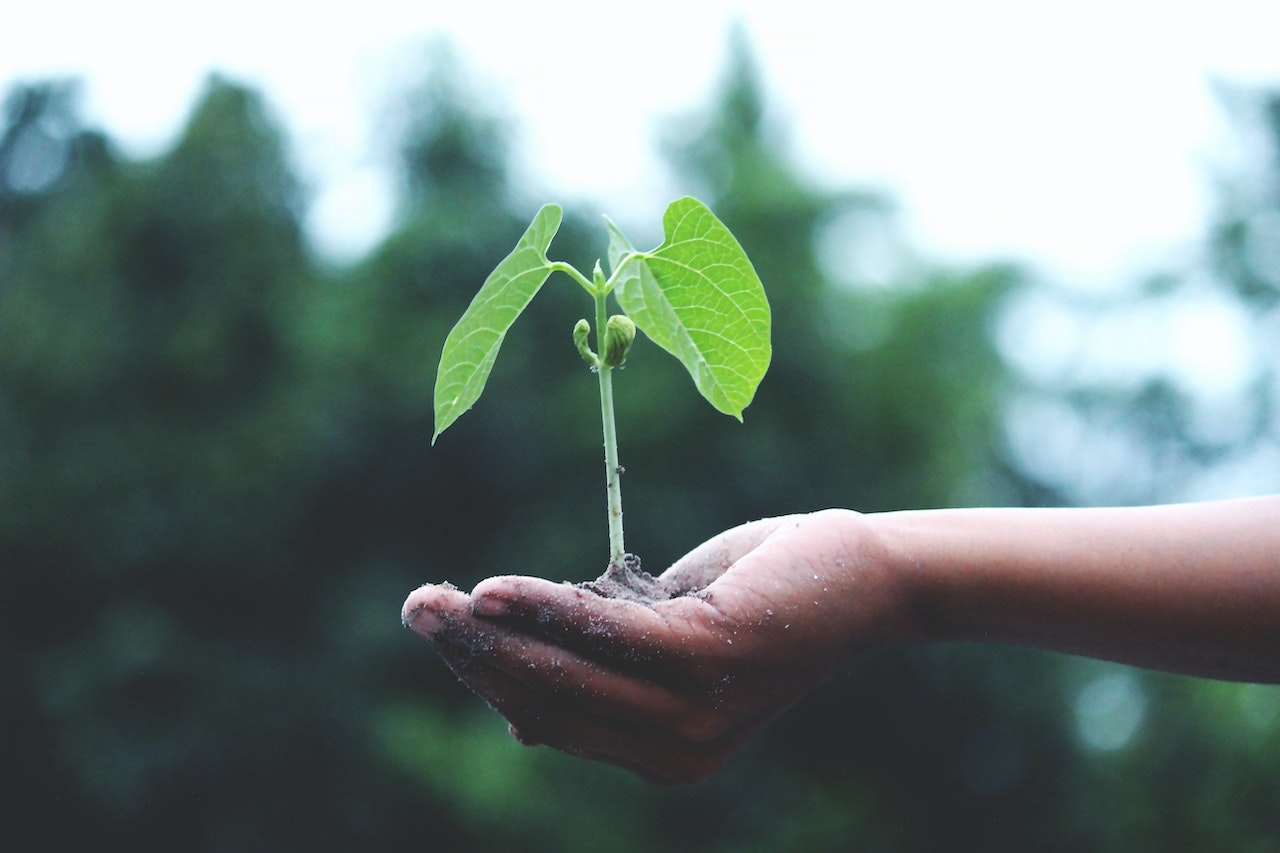
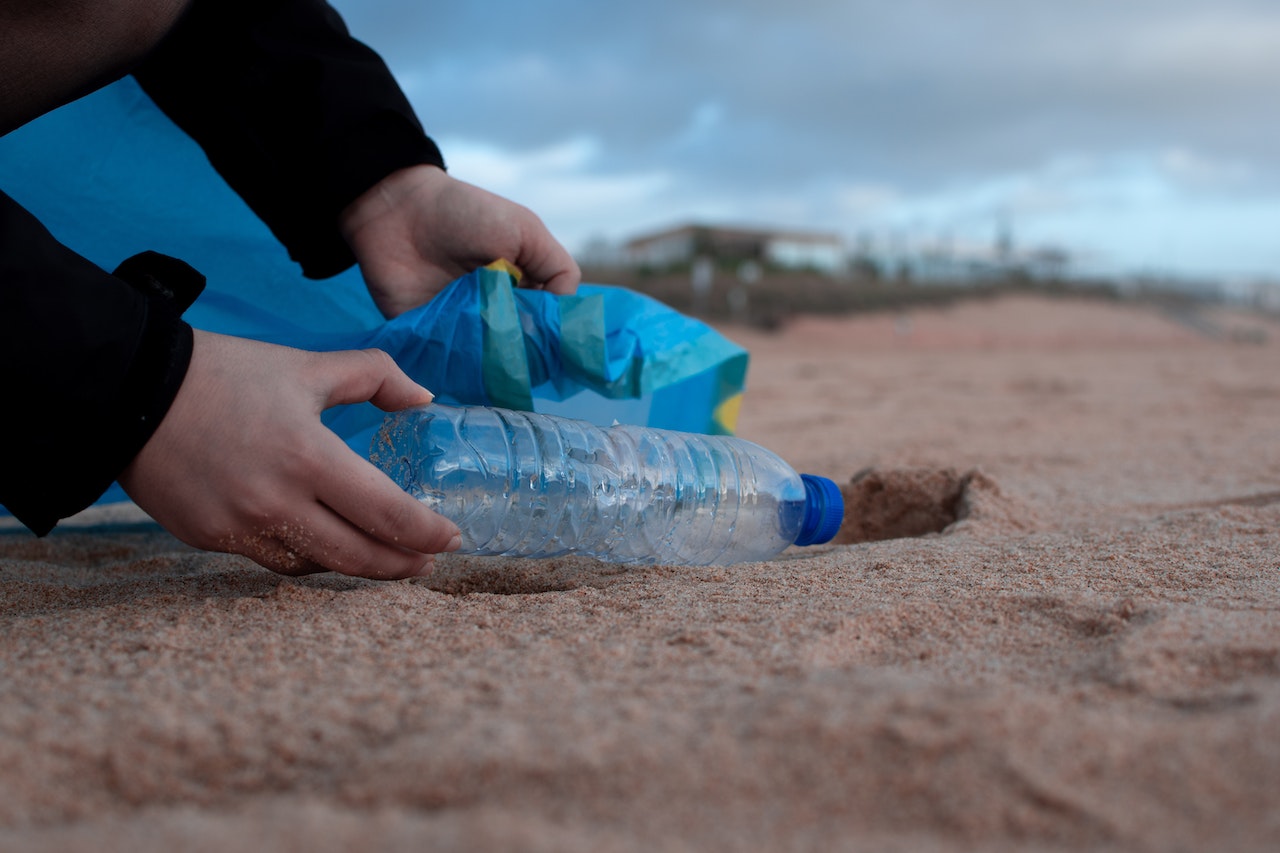 showers to get the same clean.
showers to get the same clean.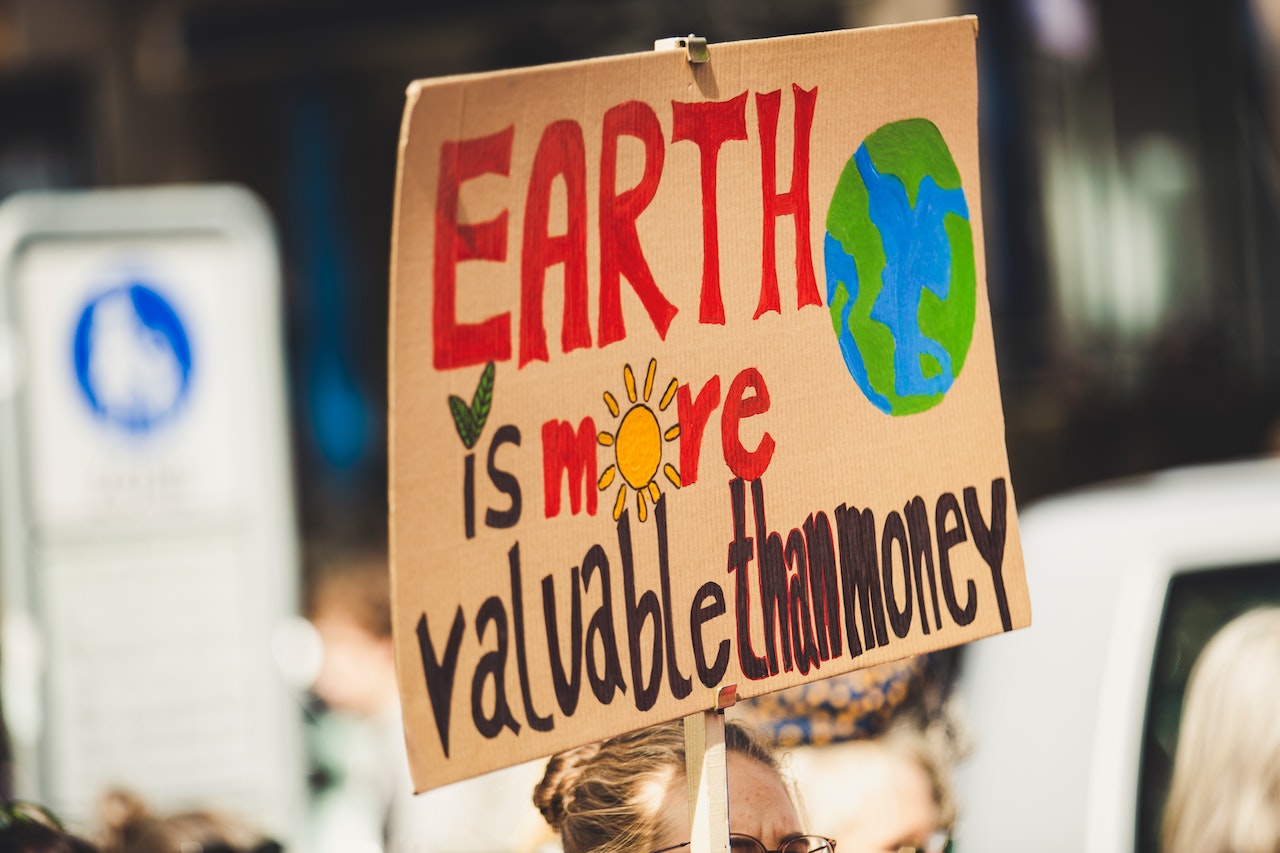
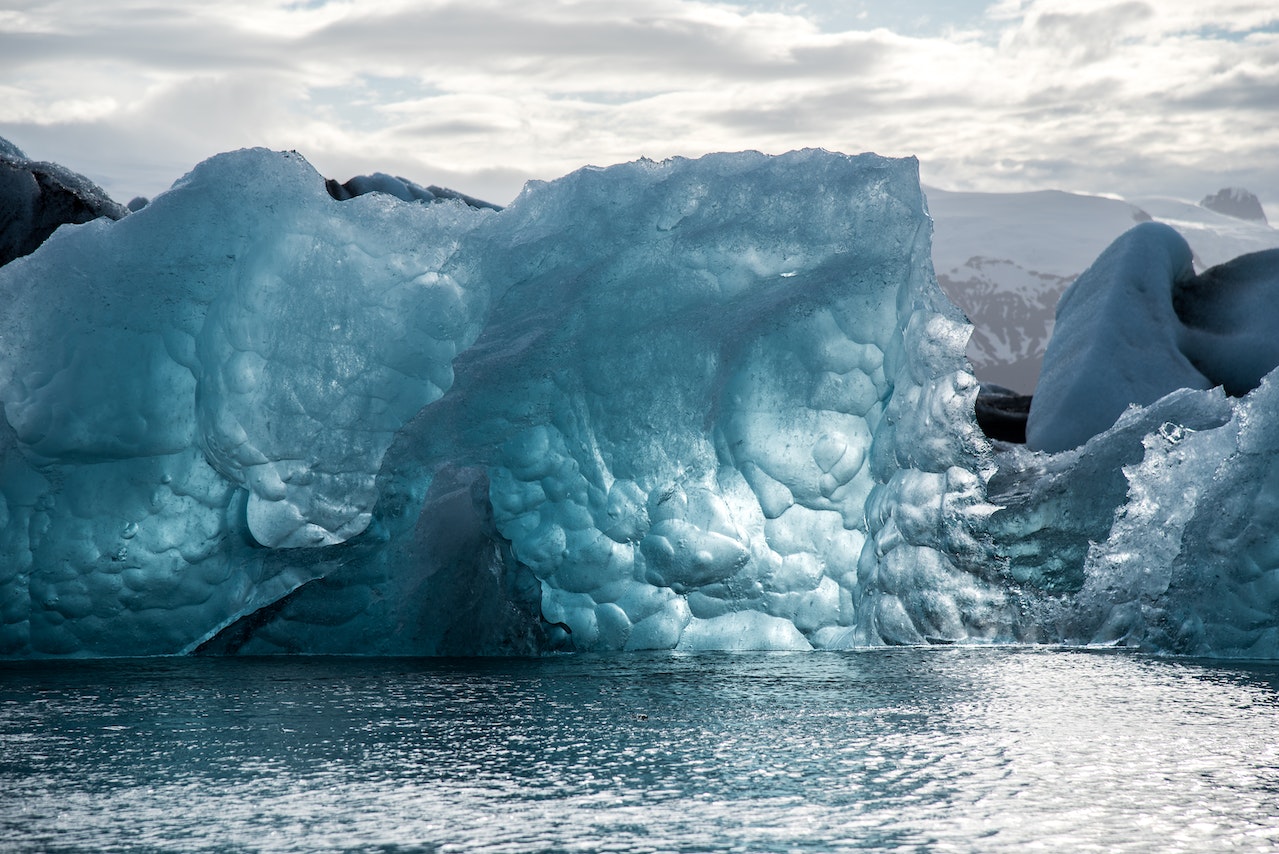 using and which child can use the least amount of water for a certain period (e.g. a week).
using and which child can use the least amount of water for a certain period (e.g. a week).
 more resources in production. For instance, recycling aluminium can keep 96% of the energy used in their initial production from being wasted.
more resources in production. For instance, recycling aluminium can keep 96% of the energy used in their initial production from being wasted.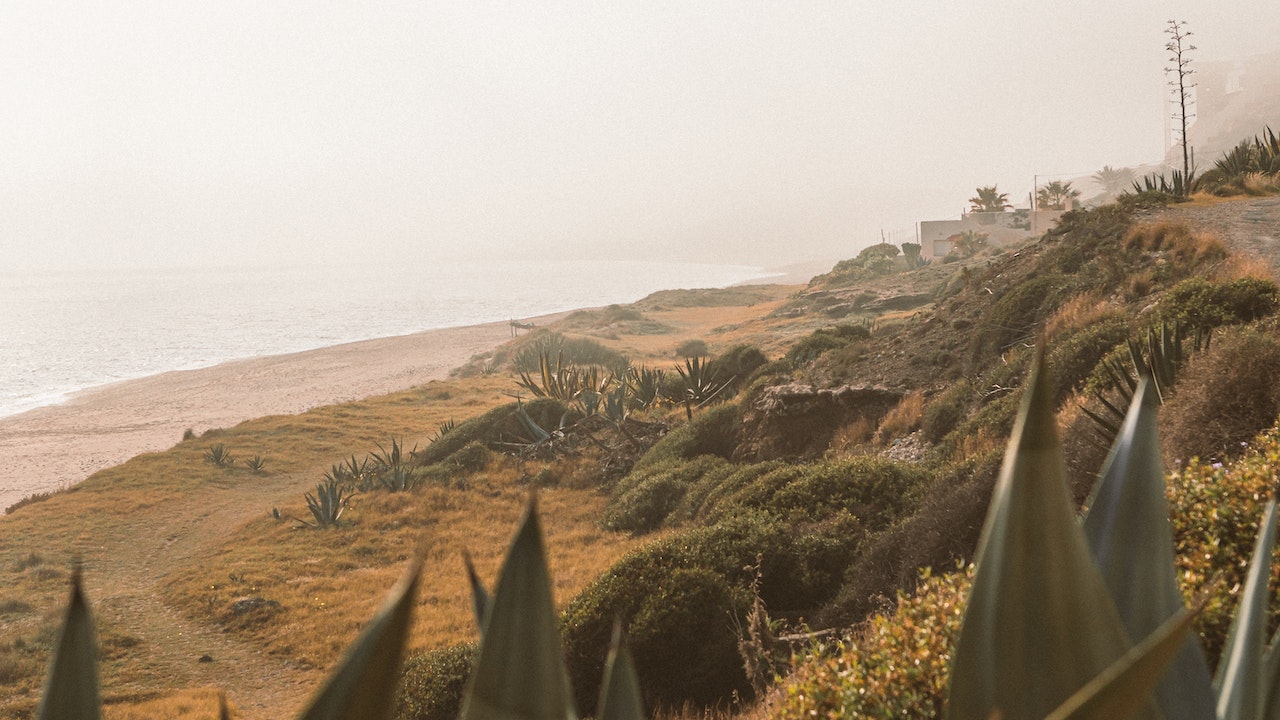
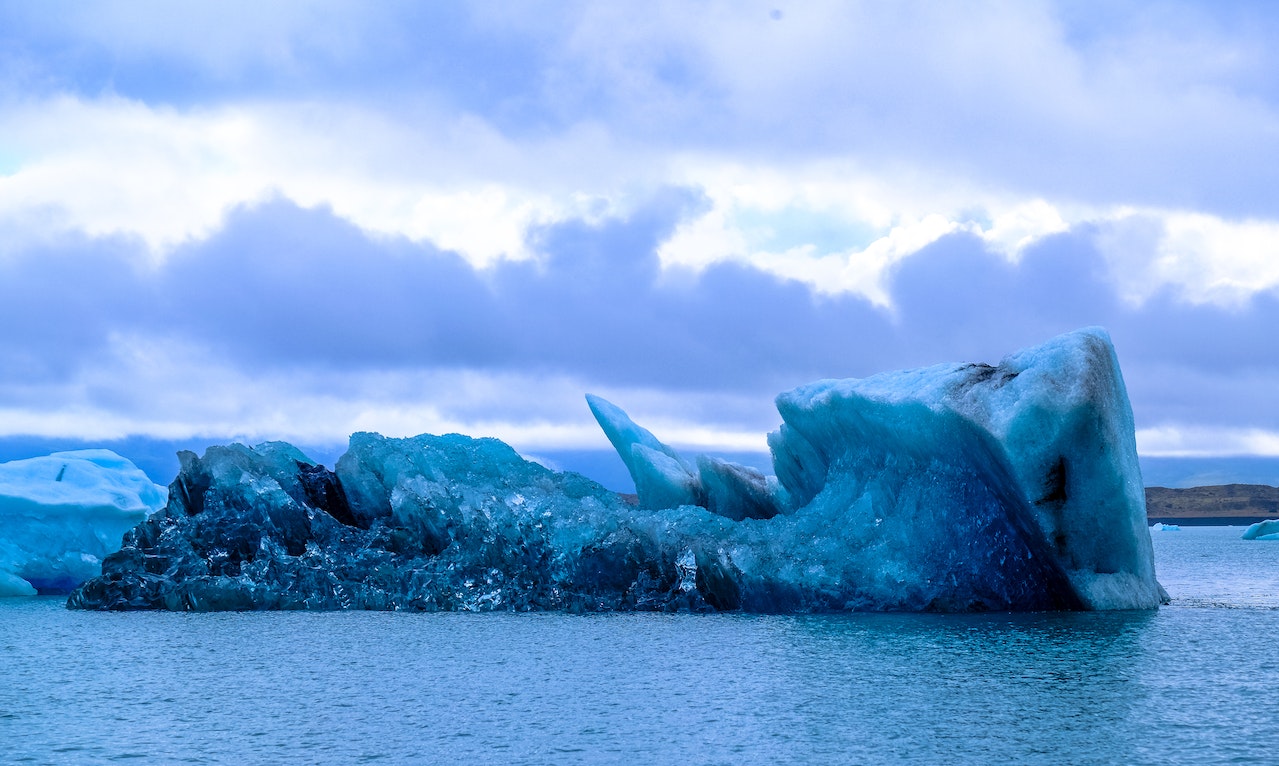 ces the cost of buying new materials for educational purposes.
ces the cost of buying new materials for educational purposes.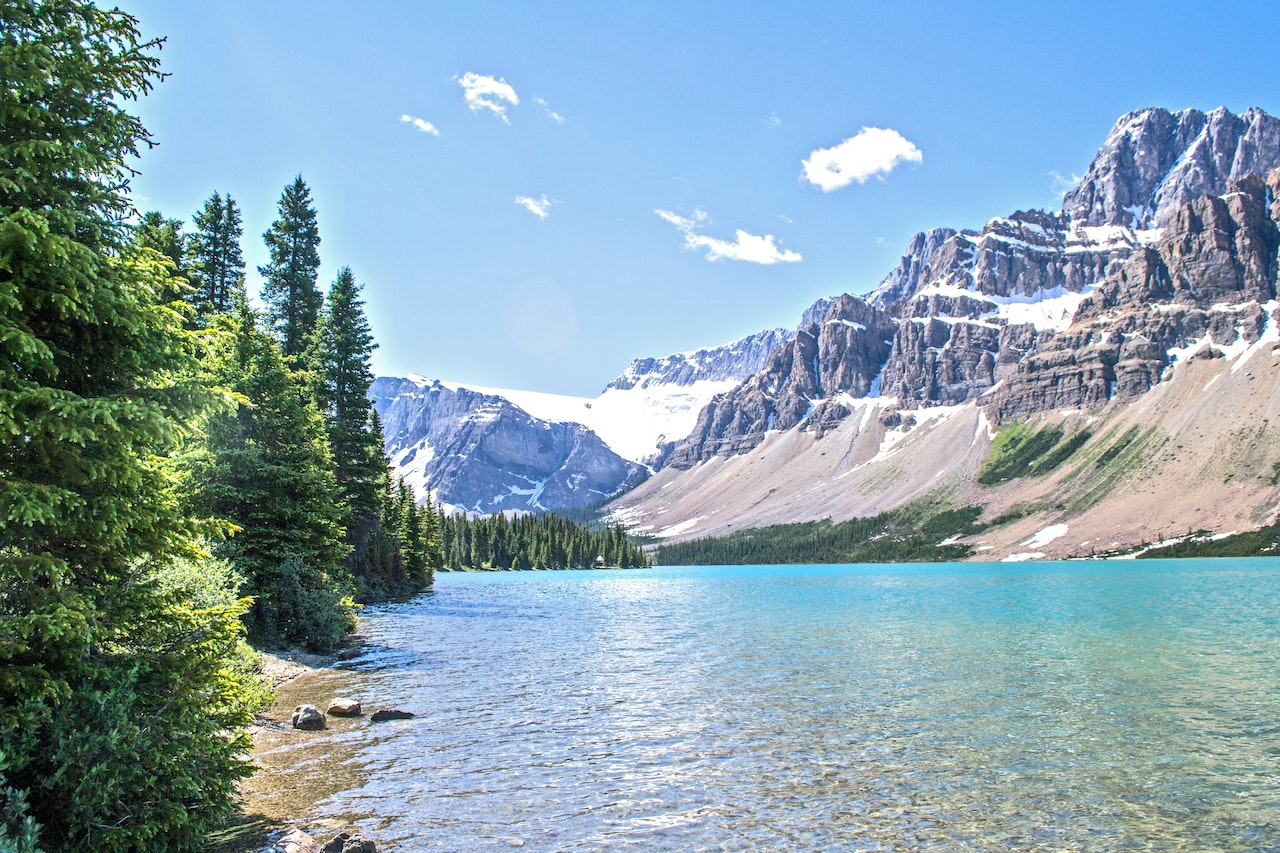
 ake new cans from virgin materials. Recycle everything you possibly can to stop climate change before it severely impacts on Earth’s environment.
ake new cans from virgin materials. Recycle everything you possibly can to stop climate change before it severely impacts on Earth’s environment.